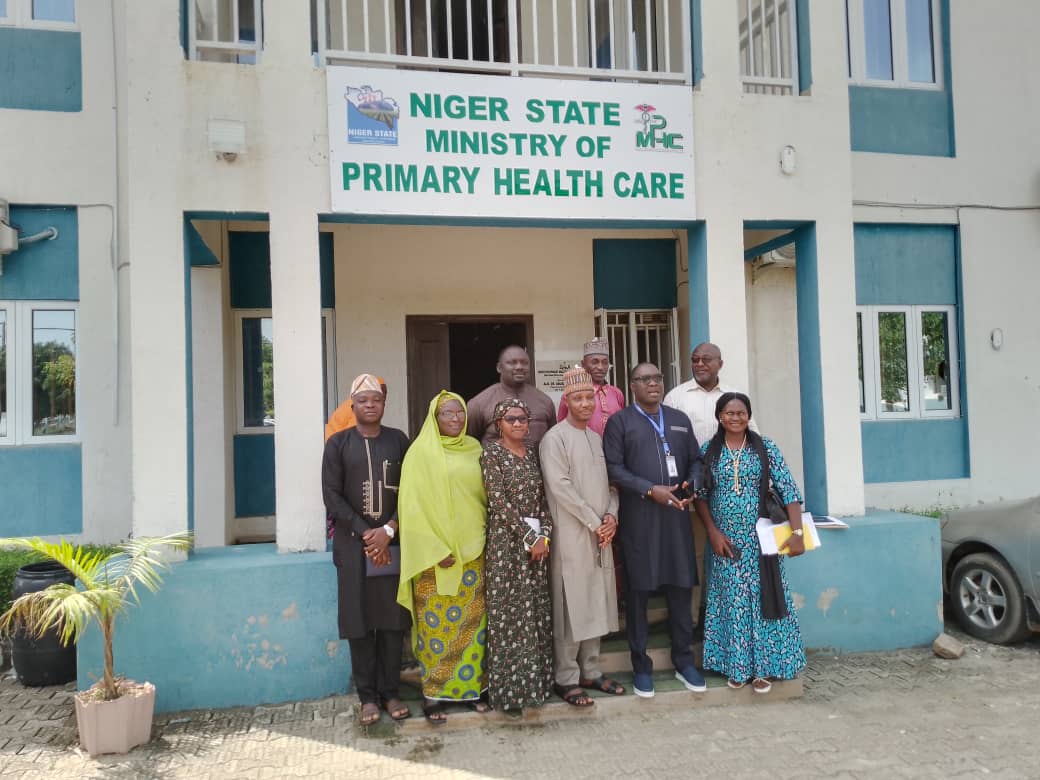GAVI Staff Urge Governor Bago to Ensure Permanent Employment and Salary Payments
By Our Correspondent in Minna
Staff members of the Global Alliance for Vaccine Initiative (GAVI), who are employed by the Niger State Primary Health Care Development Agency (NSPHCDA), have formally requested that Governor Mohammed Umar Bago expedite their transition to permanent employment and address the issue of outstanding salaries.
In a recent letter titled “Request for Absorption into Permanent Employment and Payment of Salaries,” the concerned workers highlighted their distress over not receiving salaries for over five months. This lapse has created significant financial difficulties for health workers dedicated to serving the community in Niger State.
The staff were originally hired in May 2023 under a contract aimed at strengthening Human Resources for Health (HRH) in primary health care facilities across the state’s 25 Local Government Areas. Although their contracts are set to extend until March 2025, many employees reported a lack of formal confirmation regarding their permanent employment status, despite assurances from state officials about their crucial role in providing healthcare services.
An anonymous staff member, speaking to journalists in Minna, expressed concern over the challenges faced by the team, despite their commitment to improving health outcomes for residents of Niger State. They remain hopeful that Governor Bago will take immediate action to resolve their situation.
In their letter, the GAVI staff also expressed appreciation for the support received from GAVI, emphasizing their dedication to enhancing healthcare delivery in the region. They appealed to Governor Bago’s well-known humanitarian approach, trusting that he would understand their plight and act promptly to rectify the situation.
In conclusion, the staff urged the governor to prioritize their request for permanent employment and the immediate release of unpaid salaries for February and March 2025, as they believe this is crucial to alleviating their current financial burdens.

















